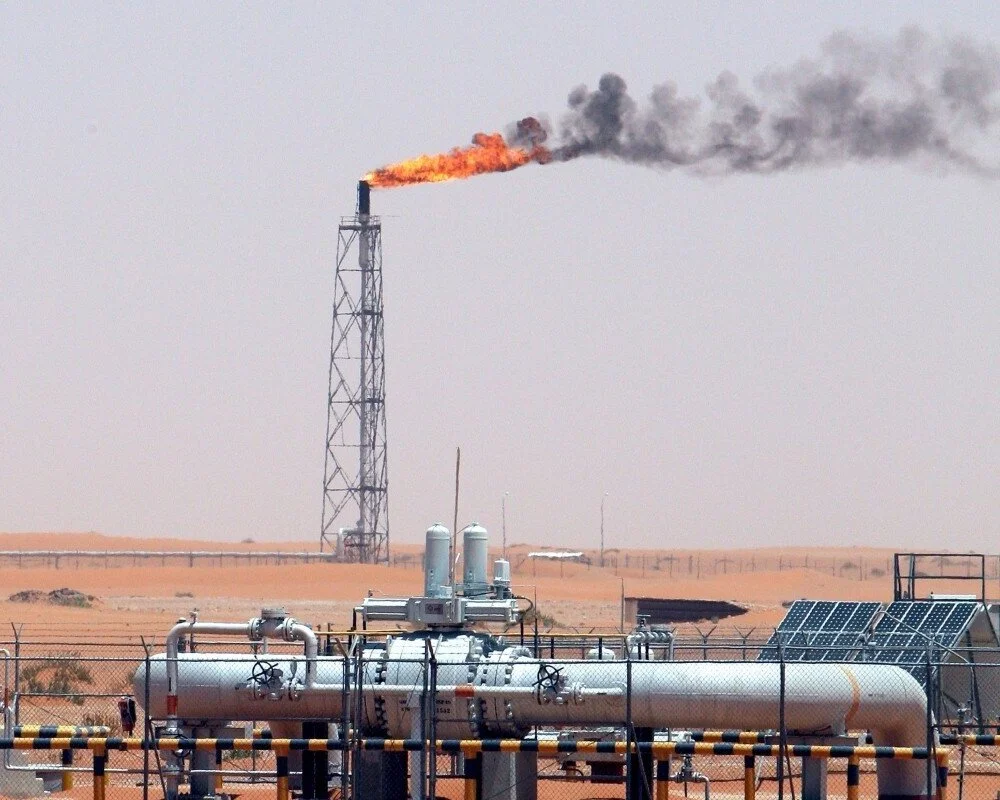Since June, hundreds of garment workers, working for fast fashion companies such as H&M in countries like India, Bangladesh, and Myanmar, have been protesting layoffs due to overproduction during COVID-19. Because of fluctuations in the supply chain and product consumption, the pandemic has also heightened pre existing issues such as unfair wages and long working hours. Summer Journalism Fellow Maryam Gamar also analyzes H&M’s response to these protests, especially since H&M has advertised its efforts to relieve the effects of COVID-19 on vulnerable communities.
Read MoreAs airlines cautiously reopen their doors to global travel, Qatar Airways confronts a future business blueprint with entangled unavoidable negative impacts and not-bads. Summer Journalism Fellow Hypatia Wu highlights how the Qatari giant is facing a major pullback on expansion efforts and increasingly fierce competition from its Middle Eastern rivals.
Read MoreIn these times of upheaval and uncertainty, we can be certain of one thing: the world must continue moving towards sustainable energy sources. Summer Journalism Fellow Dean Lee Sammanthan describes how one Danish company rose to the top against all odds in the wind power market and is now preparing for the global pivot to renewables in the wake of COVID-19.
Read MoreSince pre-Roman times, the cultivation of olives has maintained a long tradition in Spanish agriculture. In recent years, however, this integral product has fallen into precarious situations due to changes in the global market demand and the appearance of new pathogens that threaten to disrupt the supply chain.
Read MoreRodrick Miller, CEO of Invest Puerto Rico, explains Puerto Rico’s unique juxtaposition between the U.S., Latin America’s, and the Caribbean’s financial markets, the size and value of its pharmaceutical industry, and what makes it stand out in terms of resilience in small businesses, startups, and Knowledge Services.
Read MoreAmy Wang (Director of Content at BT) is joined by past and current Schwarzman Scholars Michael Shin ('19) and Amanda Morrison ('20) in a discussion of the value of cross border communication and how the program has adapted to the global pandemic. Listen to the panelists discuss present challenges for global cooperation and share advice for those interested in the Schwarzman Program.
Read MoreSince 2018, China has closed its borders to the wave of trash generated by the West, forcing Americans to reconsider the problem of waste and shift towards a more sustainable future via the principles of Reduce, Reuse, and Recycle.
Read More‘Made in’ labels reveal as much about a product as they do about its country of origin. A strong national brand can attract capital—technological and human—that drives growth. Countries build up their national brands over decades, yet China and the European Union are among those launching ambitious programs to rehaul their brands within just several years.
Read MoreIn a time where the Chinese export is challenged by US tariffs, it appears logical that the government will seek to strengthen its economy by growing the domestic consumption sector, yet the automotive industry has been experiencing fewer buyers despite historically upwards trends in car sales. While the trade war does impose a culture of spending less, however, there are other factors that can explain the decline in automobile purchases.
Read MoreMark Taub is the Vice President of the IT Professional group at Pearson Education. He previously served as the Editor-in-Chief. He sat down with BT to talk career, advice, and the educational media industry.
Read MoreForeign domestic workers work close to the line of minimum wage in many Southeast Asian countries. However, the main challenges came from the lack of protection under domestic labor laws and many grey legal areas that are not covered in workers‘ contracts, if any exist in the first place.
Read MoreGiven recent turmoil, there is an urgency for the Middle East to diversify its economy away from oil. This article is the first of a two-part series, and seeks to demonstrate how regional instability in Arab nations can harm their oil production and, consequently, the global oil market.
Read MoreChina’s anti-desertification programs come with environmental—and economic—benefits.
Read MoreDisney’s releases of Star Wars films in China have been remarkable duds at the overseas box office, despite great successes like Avengers: Endgame in the country. Why has this been?
Read MoreThe Peace Agreement signed in 2018 covers not only the necessary political, military and institutional changes, but also dedicates a whole chapter of its articles to transitional justice. With this mechanism there is hope that the highly corroded social fabric can heal gradually for the benefit of the population.
Read MoreAfrica’s growing population size is a potential treasure-trove that encompasses a key element needed for economic growth, which is human capital.
Read MoreGiven the inability to borrow more, the constant violation of human rights and the democratic breakdown, the government of Nicolas Maduro is more isolated than ever in the international system.
Read MoreThe British should reject a Brexit without agreement. It is yet to be known if the British government will do this, or instead crash out of the EU.
Read MoreThe personal ambitions of Turkish President Erdogan have radically altered his country’s foreign policy objectives—with important repercussions for the region at large.
Read MoreAfrica has the potential to become an enormous marijuana market due to the huge population size and favourable weather which makes growing marijuana better than other parts of the world.
Read More


















